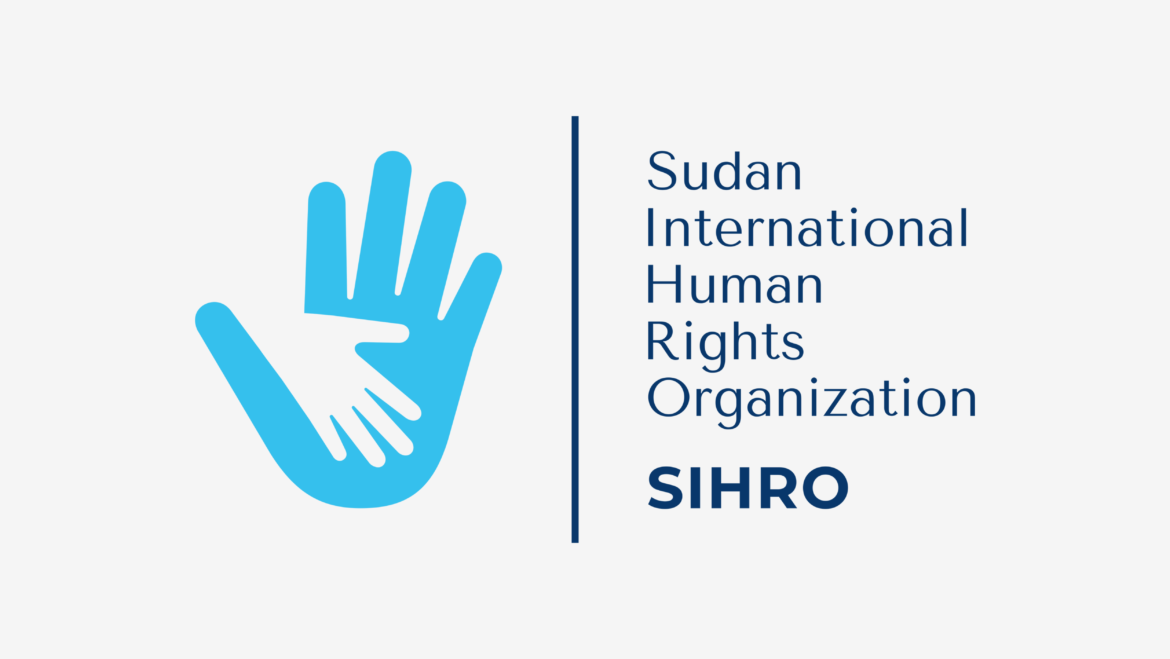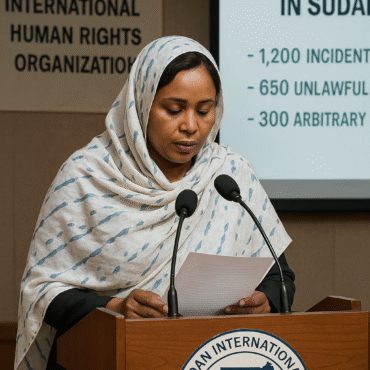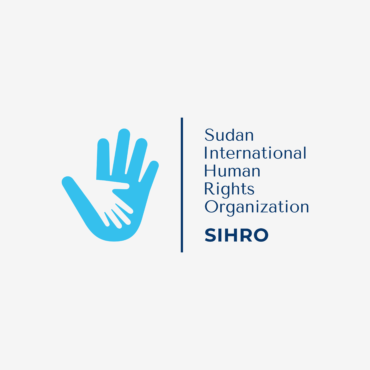Charting a Path to Peace: Assessing UK Sanctions on Sudan and Advancing Humanitarian Diplomacy
Overview
The recent announcement by the United Kingdom to impose sanctions on businesses financially supporting the Sudanese Armed Forces (SAF) and the Rapid Support Forces (RSF) underscores the severity of the ongoing conflict in Sudan. While these sanctions represent a commendable step towards accountability, assessing their effectiveness and exploring additional measures to facilitate a peaceful resolution to the crisis is imperative.
Analysis
- Humanitarian Crisis: The conflict in Sudan has precipitated a dire humanitarian situation, with millions displaced and millions more facing hunger and deprivation. The United Nations has warned of the looming threat of famine, highlighting the urgent need for sustained international intervention.
- Sanctions and Accountability: Imposing sanctions on businesses complicit in funding the warring parties is a significant diplomatic action to promote accountability. By targeting entities such as Alkhaleej Bank, Al-Fakher Advanced Works, and Red Rock Mining, the UK seeks to disrupt the financial mechanisms sustaining conflict and enable greater scrutiny of entities involved in human rights abuses.
- Effectiveness and Limitations: While sanctions serve as a punitive measure, their efficacy in altering the behavior of the SAF and RSF remains uncertain. The entrenched interests and power dynamics driving the conflict necessitate a multifaceted approach that addresses root causes and incentivizes genuine engagement in peace negotiations.
- Need for Comprehensive Strategy: The UK’s commitment to nearly double aid for Sudan is laudable and underscores the importance of humanitarian assistance in mitigating the suffering of affected populations. However, a comprehensive strategy must encompass humanitarian aid, diplomatic pressure, mediation efforts, and support for civil society initiatives aimed at fostering reconciliation and peacebuilding.
Recommendations
- Multilateral Engagement: The international community, including the UK, must intensify diplomatic efforts to engage all stakeholders in Sudan, including regional actors and non-state armed groups. A coordinated approach that leverages diplomatic pressure, dialogue facilitation, and targeted sanctions can encourage meaningful participation in peace talks and promote adherence to international humanitarian law.
- Civil Society Empowerment: Support for Sudanese civil society organizations, human rights defenders, and peacebuilders is essential for amplifying local voices, promoting accountability, and advancing inclusive peace processes. Financial assistance, capacity-building initiatives, and advocacy support can enhance the resilience of grassroots movements and contribute to sustainable peacebuilding efforts.
- Conflict-Sensitive Aid: Humanitarian aid must be delivered in a manner that prioritizes the protection of civilians, respects humanitarian principles, and mitigates the risk of exacerbating conflict dynamics. Close coordination with local communities, humanitarian actors, and conflict analysts is necessary to ensure that aid reaches those most in need without inadvertently fueling conflict.
Conclusion
The UK’s decision to impose sanctions on businesses funding the Sudanese conflict reflects a commitment to upholding human rights and promoting accountability. However, a comprehensive and nuanced approach is required to address the underlying causes of the conflict and facilitate a sustainable peace process. The international community can contribute to meaningful progress toward peace, justice, and reconciliation in Sudan by prioritizing multilateral engagement, civil society empowerment, and conflict-sensitive aid.




Add Comment